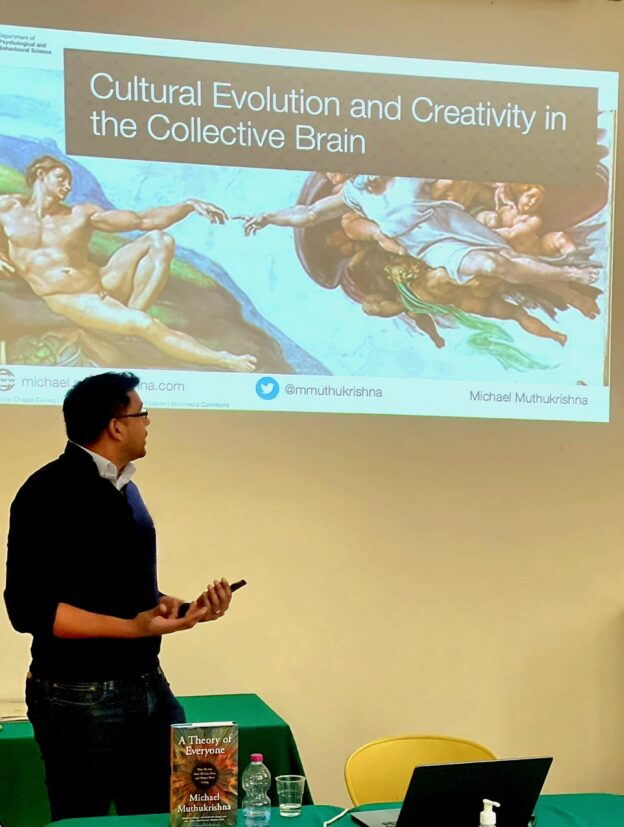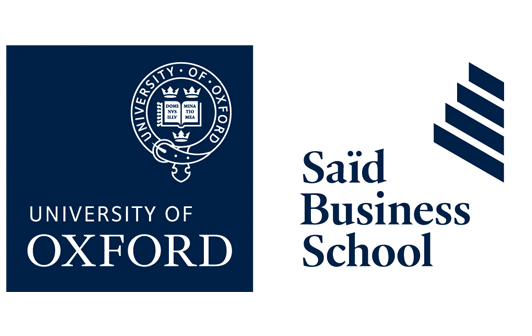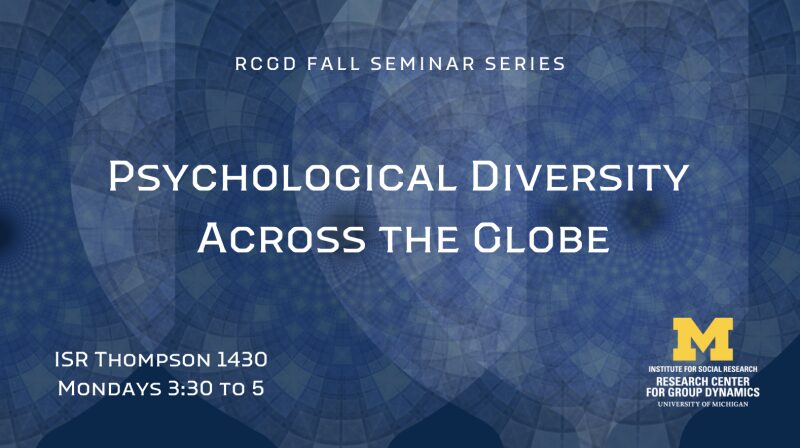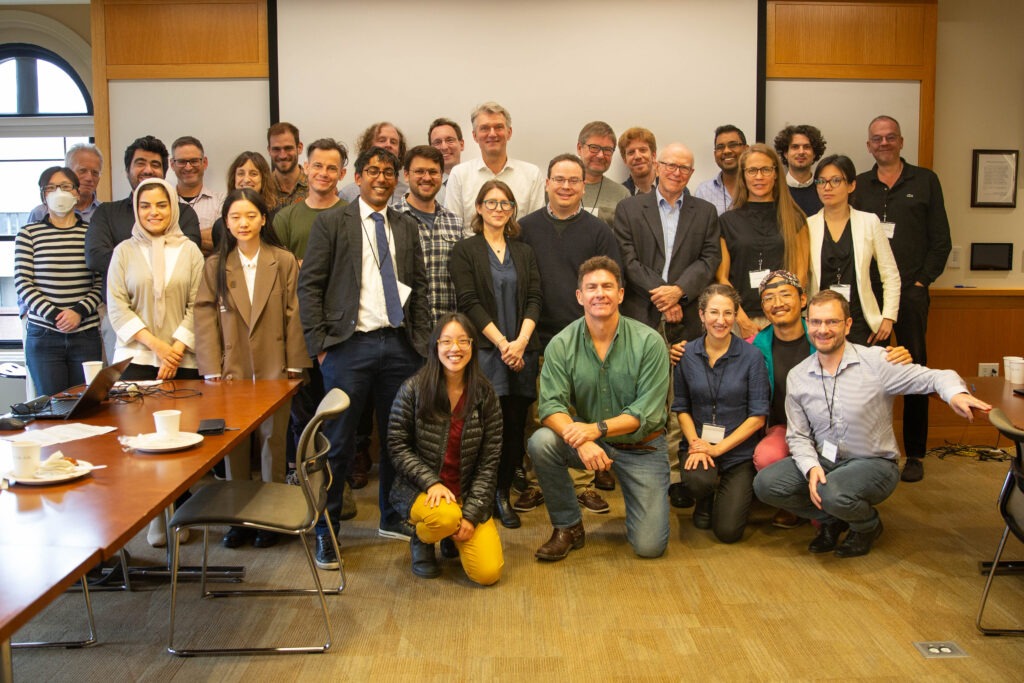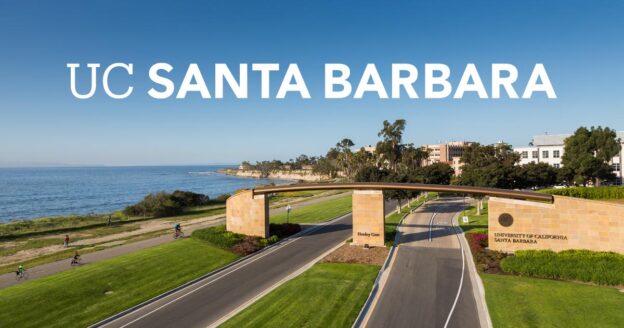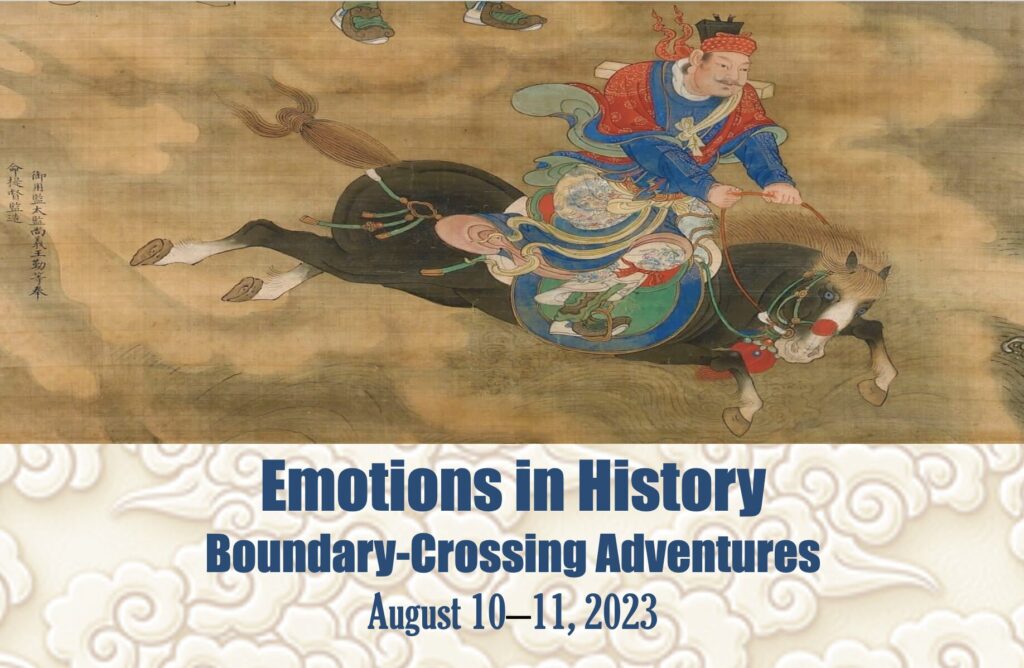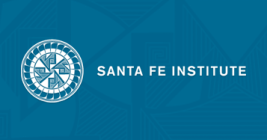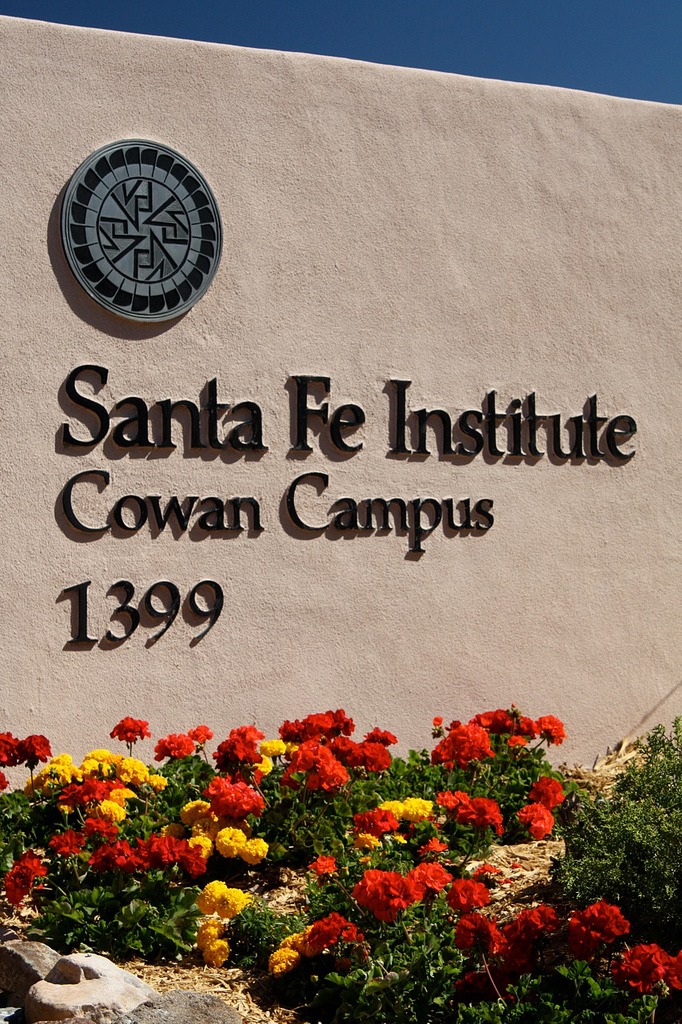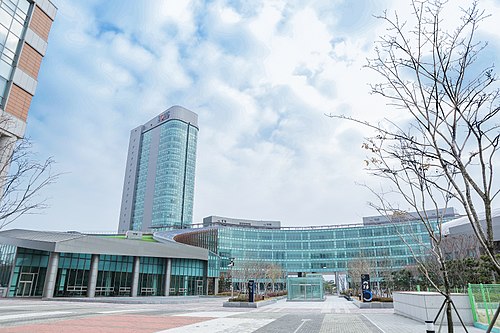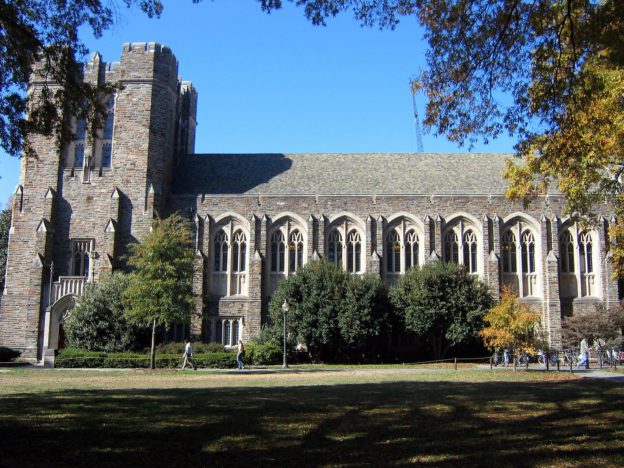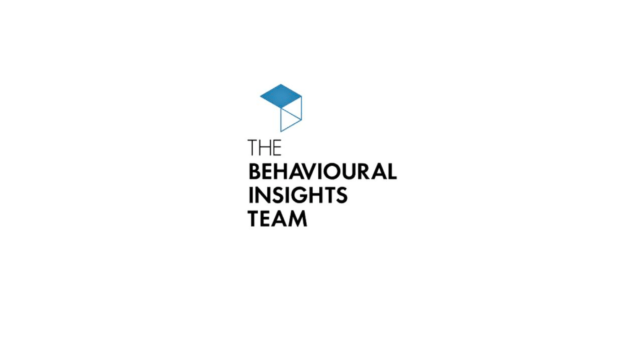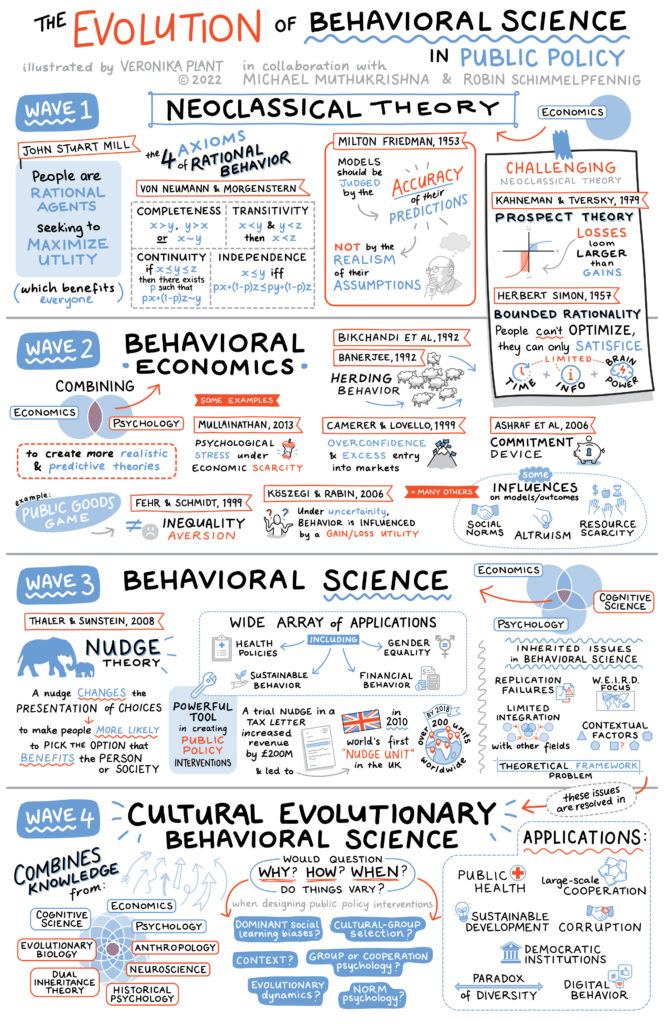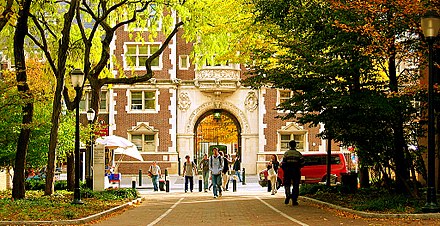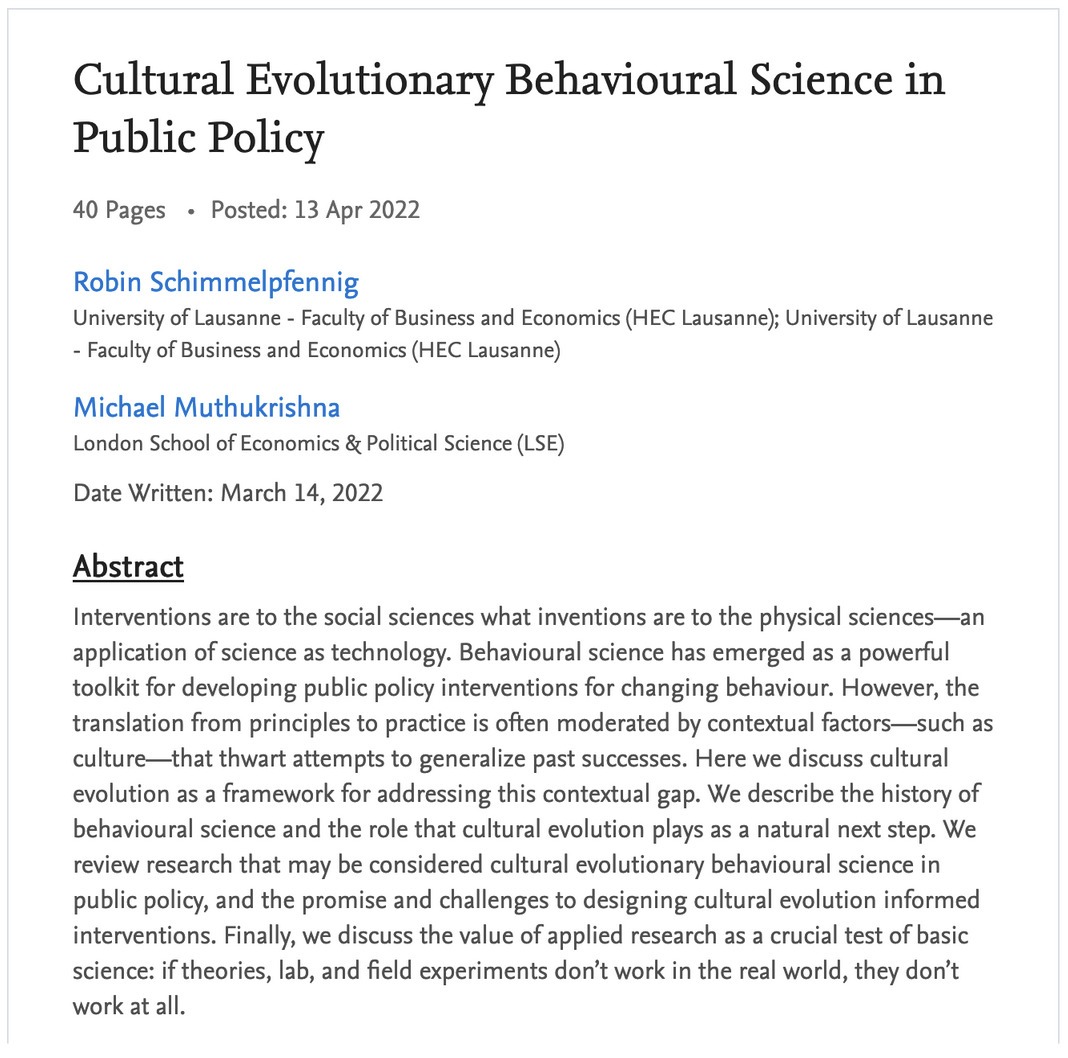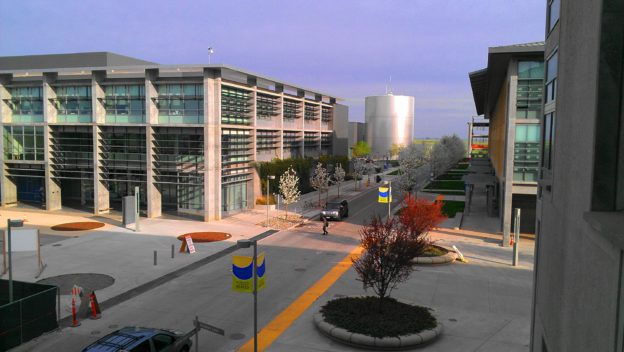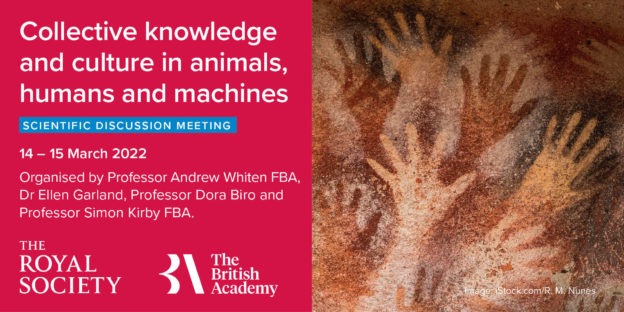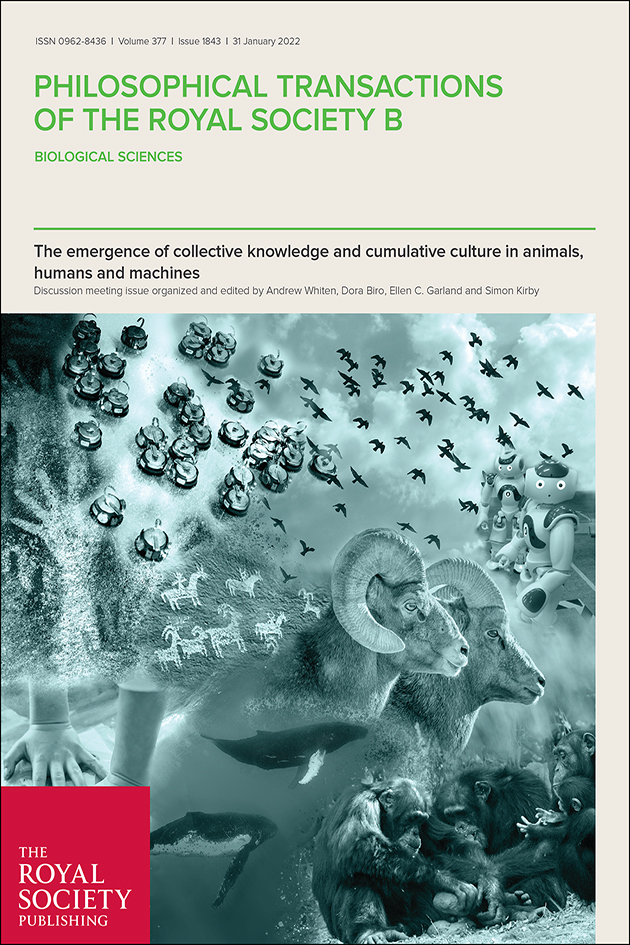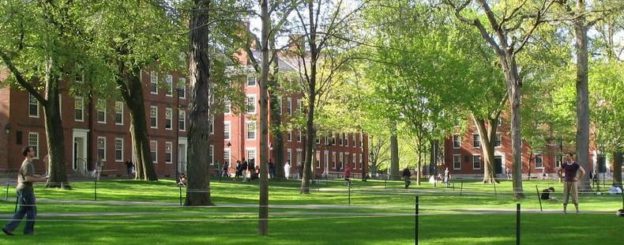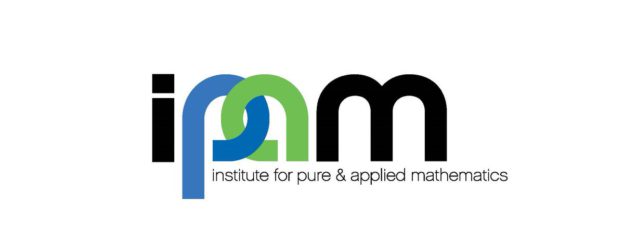I was delighted to be an invited speaker at the meeting on “Creativity: innovation, transmission, and motivation in animals, humans, and societies,” which took place at the Pontifical University of the Holy Cross in Rome. The meeting is part of an effort to strengthen the relationship between the Vatican and science.
I presented my research on “Cultural Evolution and Creativity in the Collective Brain”, including new work, my book, A Theory of Everyone, and previous work in these papers:
- Henrich, J. & Muthukrishna, M. (2023). What makes us smart. Topics in Cognitive Science. [Publisher][Download]
- Schimmelpfennig, R., Razek, L., Schnell, E., & Muthukrishna, M. (2021). Paradox of Diversity in the Collective Brain. Philosophical Transactions of the Royal Society B: Biological Sciences. [Download] [Summary Post] [Publisher] [Twitter]
- Muthukrishna, M. & Henrich, J. (2016). Innovation in the Collective Brain. Philosophical Transactions of the Royal Society B: Biological Sciences, 371(1690). [Telegraph] [Scientific American] [Video] [Evonomics] [LSE Business Review] [Summary Post] [Download] [Data] [Publisher]
- Muthukrishna, M. (2023). [BOOK] A Theory of Everyone: Who we are, how we got here, and where we’re going. MIT Press (US & Canada) / Basic Books (UK and Commonwealth) [Amazon and Local Bookstores]
This event brought together an interdisciplinary array of scholars, priests, and researchers, and I am looking forward to continuing this important dialogue.








